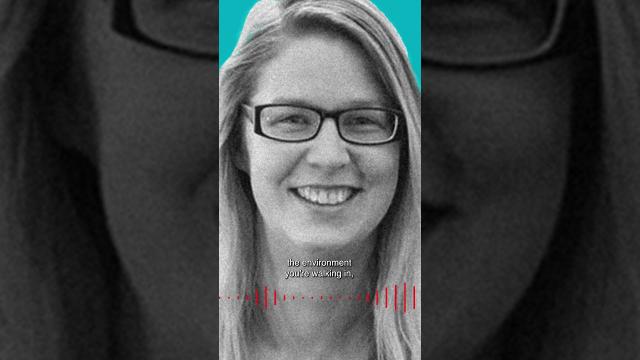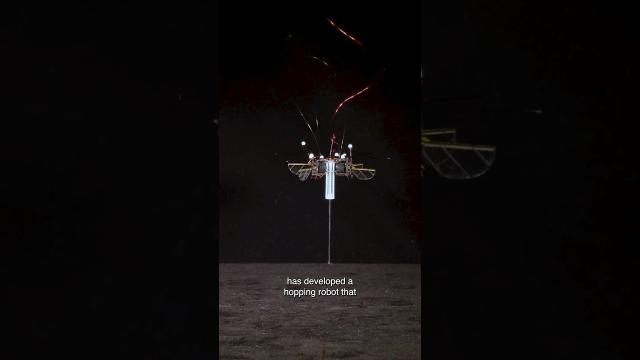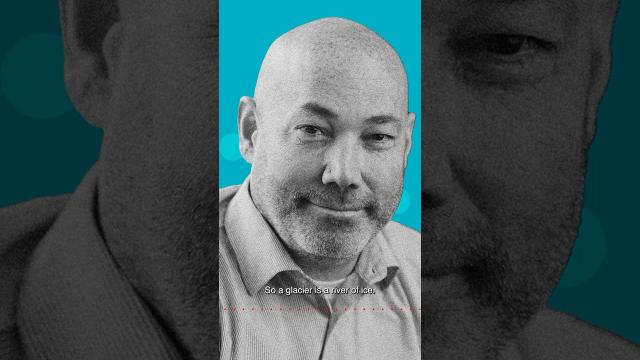Time Travel, Teleportation & Science
Time travel is the concept of moving between different points in time in a manner analogous to moving between different points in space, generally using a theoretical invention, namely a time machine. It has a commonly recognized place in philosophy and fiction, but has a very limited application in real world physics, such as in quantum mechanics or wormholes.
Although the 1895 novel The Time Machine by H. G. Wells was instrumental in moving the concept of time travel to the forefront of the public imagination, The Clock That Went Backward by Edward Page Mitchell was published in 1881 and involves a clock that allowed three men to travel backwards in time.[1][2] Non-technological forms of time travel had appeared in a number of earlier stories such as Charles Dickens' A Christmas Carol. Historically, the concept dates back to the early mythologies of Hinduism (such as the Mahabharata), Buddhism, and Islam through ancient folk tales. More recently, with advancing technology and a greater scientific understanding of the universe, the plausibility of time travel has been explored in greater detail by science fiction writers, philosophers, and physicists.
Teleportation, or Teletransportation, is the theoretical transfer of matter or energy from one point to another without traversing the physical space between them. It has a commonly recognized place in science fiction literature, film, and television, but as yet has a very limited application in real world physics, such as quantum teleportation or the study of wormholes.
Science (from Latin scientia, meaning "knowledge") is a systematic enterprise that builds and organizes knowledge in the form of testable explanations and predictions about the universe. In an older and closely related meaning, "science" also refers to a body of knowledge itself, of the type that can be rationally explained and reliably applied. A practitioner of science is known as a scientist.
In modern usage, "science" most often refers to a way of pursuing knowledge, not only the knowledge itself. It is also often restricted to those branches of study that seek to explain the phenomena of the material universe.
Source : Wikipedia
-
40:02
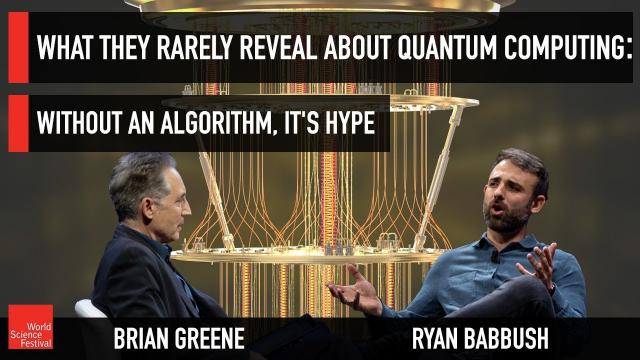
What They Rarely Reveal About Quantum Computing: Without an Algorithm, It's Hype
Added 43 Views / 0 LikesGoogle's Director of Quantum Algorithms, Ryan Babbush, joins Brian Greene to discuss the central role quantum algorithms play in leveraging quantum computing to realize its potential.This program is part of the Big Ideas series, supported by the John Temp
-
30:33
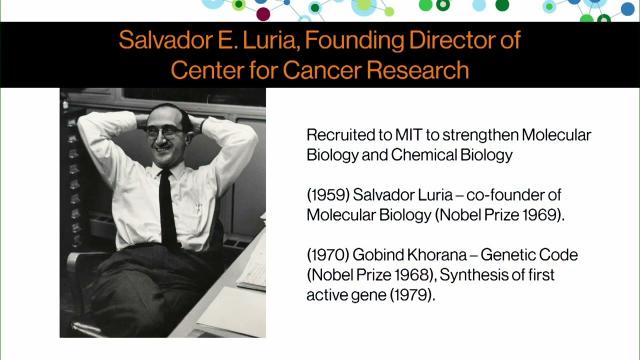
MIT Health and Life Sciences Collaborative Launch Kresge Main Phillip Sharp Keynote
Added 42 Views / 0 LikesWatch more videos from MIT: http://www.youtube.com/user/MITNewsOffice?sub_confirmation=1The Massachusetts Institute of Technology is an independent, coeducational, privately endowed university in Cambridge, Massachusetts. Our mission is to advance knowled
-
1:30:51
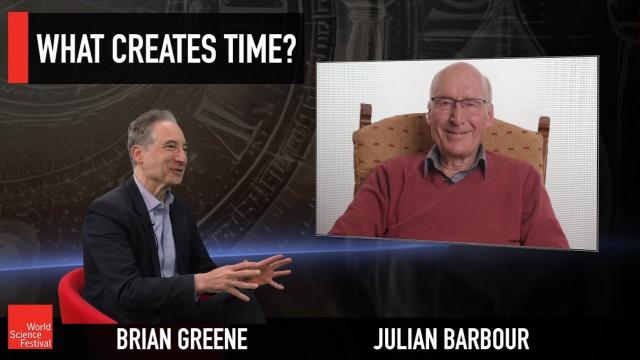
What Creates Time? A Challenge to Scientific Orthodoxy
Added 41 Views / 0 LikesScientist and author Julian Barbour joins Brian Greene to explain his heterodox views on the nature of time, entropy, and cosmic origins.This program is part of the Big Ideas series, supported by the John Templeton Foundation. Participant: Moderator: Bria
-
00:49
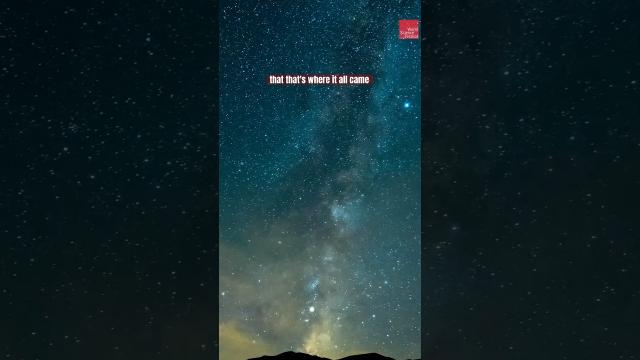
Science is a journey for truth that doesn’t always lead where you expect #science #cosmology
Added 40 Views / 0 Likes -
1:05:41
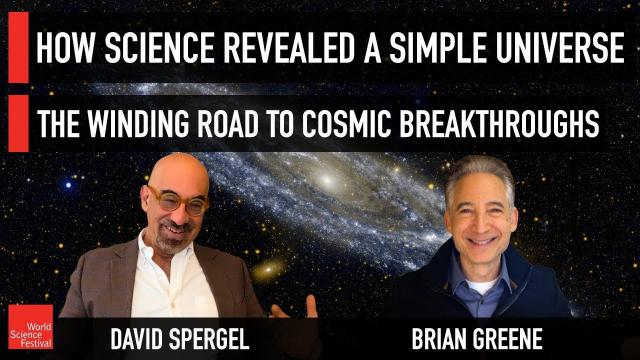
How Science Revealed a Simple Universe: The Winding Road to Cosmic Breakthroughs
Added 37 Views / 0 LikesRenowned cosmologist David Spergel joins Brian Greene to discuss the triumphs and tensions of precision cosmology, exploring remarkable successes as well as persistent discrepancies bedeviling current understanding.This program is part of the Big Ideas se
-
00:32
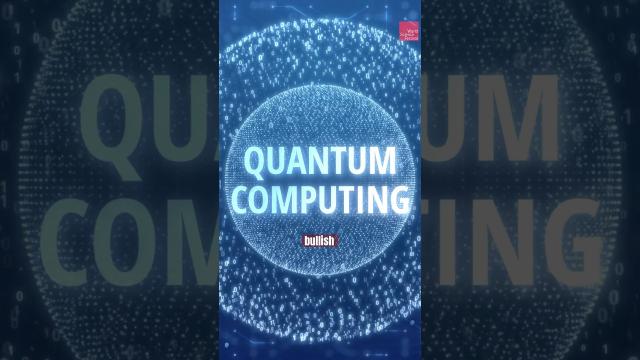
What is the future of #quantumcomputing ? #quantum #quantumphysics #quantummechanics
Added 37 Views / 0 Likes -
01:23
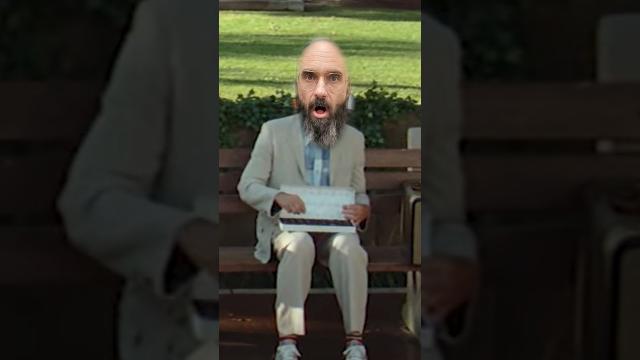
The Fastest Way To Lose
Added 37 Views / 0 Likeshttps://www.curiositybox.com/Peg solitaire variant images adapted from work by Júlio Reis: https://commons.m.wikimedia.org/wiki/File:Peg_Solitaire_game_board_shapes.svg
-
2:04:06

Mind the Gap: Will Tiny Discrepancies Derail Cosmology?
Added 36 Views / 0 LikesRenowned astrophysicist and educator Alex Filippenko joins Brian Greene to discuss an increasingly disturbing cosmological mismatch known as the Hubble Tension, a gap that may require a radical rewriting of the history of the universe. This program is par
-
57:28
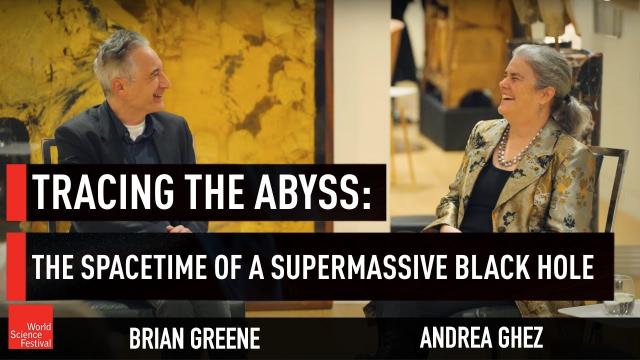
Tracing the Abyss: The Spacetime of a Supermassive Black Hole
Added 33 Views / 0 LikesNobel Laureate Andrea Ghez joins Brian Greene to explore her decade's long pursuit of the supermassive black hole at the center of the Milky Way Galaxy.This program is part of the Big Ideas series, supported by the John Templeton Foundation. Participant:
-
05:47
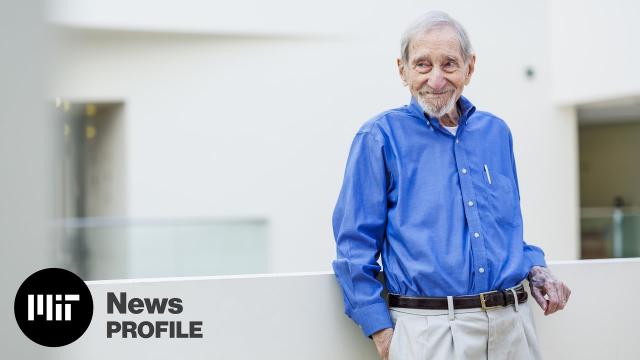
Sid Diamond, mind and heart
Added 32 Views / 0 LikesNeuroscientist Sidney Diamond is a researcher in Pawan Sinha’s Lab in MIT’s Department of Brain and Cognitive Sciences, where, at 99 years old, he studies the science of visual learning and helps to decode the mysteries of brain development. In addition t
-
28:35
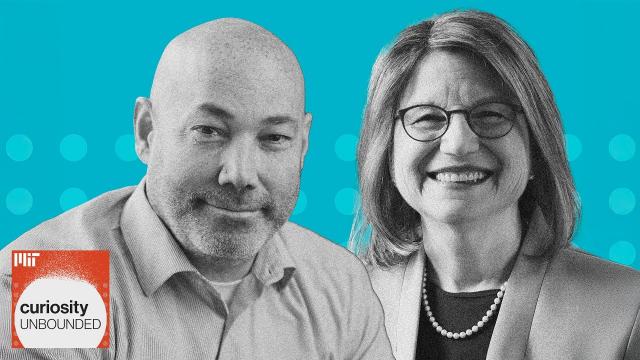
Curiosity Unbounded, Ep. 14: Putting a glacier in its place
Added 31 Views / 0 LikesBrent Minchew is an Associate Professor of Geophysics in the department of Earth, Atmospheric, and Planetary Sciences at MIT. He studies the behavior of glaciers in response to environmental factors and is dedicated to understanding sea level rise and exp
-
1:16:22

Your Brain On 34,000 Hours of Meditation: When Science and Tech Meet Spirituality
Added 30 Views / 0 LikesRichard Davidson, Karen Armstrong, and Kate Stockly, join Brian Greene to discuss the psychological and physiological impacts of sacred experiences, and how technology may make such experiences more readily available.This program is part of the Big Ideas
-
1:08:12
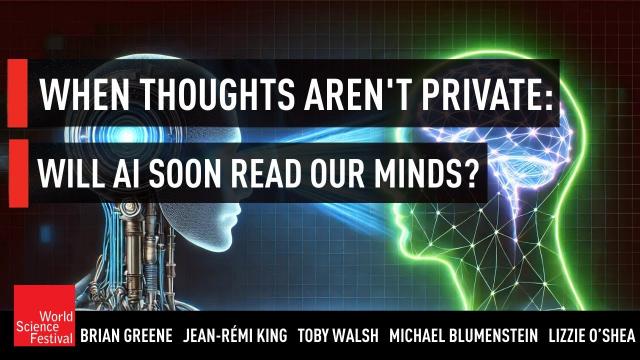
When Thoughts Aren't Private: Will AI Soon Read our Minds?
Added 30 Views / 0 LikesLeading researchers join Brian Greene to explore how AI is pushing mind reading technologies rapidly forward.This program is part of the Big Ideas series, supported by the John Templeton Foundation. Participants: Jean-Rémi King, Michael Blumenstein, Lizzi
-
01:17
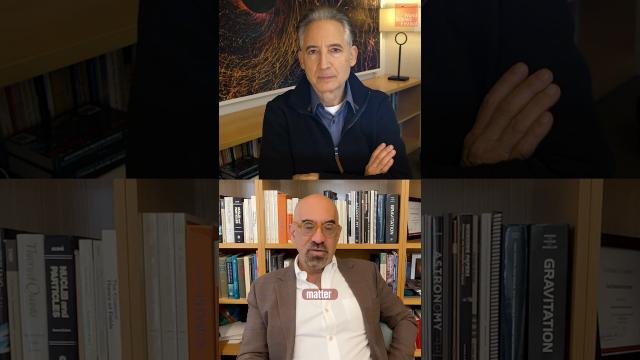
Dark matter, the cosmic microwave background & more explored. #darkmatter #cosmos #darkenergy
Added 29 Views / 0 LikesRenowned cosmologist David Spergel joins Brian Greene to discuss the triumphs and tensions of precision cosmology, exploring remarkable successes as well as persistent discrepancies bedeviling current understanding.Participant: David SpergelModerator: Bri
-
01:26

A supermassive black hole at the center of our galaxy? #blackhole #physics #womeninstem
Added 25 Views / 0 Likes

